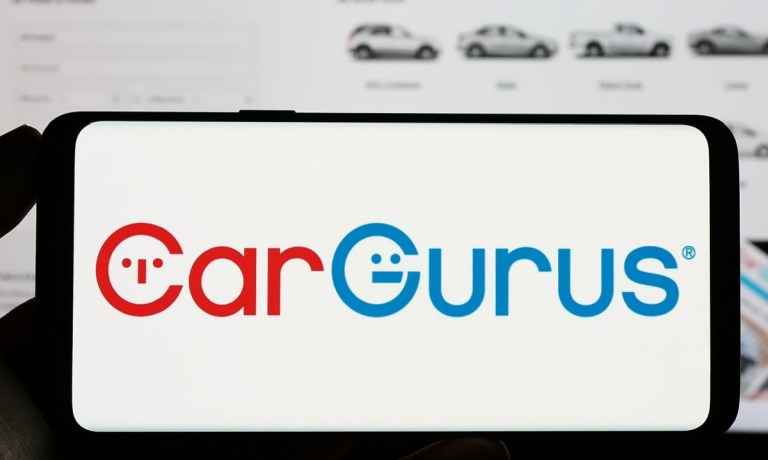CarGurus has enhanced its online vehicle shopping platform with an artificial intelligence-powered search feature, enabling consumers to find cars using natural language queries. The new functionality allows users to describe their needs in everyday language and receive tailored vehicle recommendations.
Key Features of AI-Powered Search
The AI-driven search experience permits users to compare different models, refine search results, and discover vehicles that match their specific requirements. For instance, a user can input prompts like: “I have three children under 3. Help me find a car with high safety and reliability ratings.” Other examples include searching for cars with ample space for tall drivers, SUVs that balance reliability, technology, and price, or all-wheel-drive vehicles suitable for various terrains.
Enhanced User Experience
According to Ben Kasdon, CarGurus’ Vice President of Product, this feature revolutionizes the car shopping experience by allowing consumers to “shop in ways that weren’t possible before by having an open dialogue right on our site.” Early results from a pilot program showed that users who utilized the AI search feature spent more time on the site compared to those using traditional search methods.
Building on Previous AI Initiatives
This development follows CarGurus’ previous AI-driven initiatives. In 2024, the company launched over 30,000 personalized car comparison pages based on users’ search histories, resulting in a 10% increase in conversion rates during testing. CarGurus CEO Jason Trevisan emphasized the importance of continuously improving the user experience across all platforms, highlighting a 14% year-over-year increase in direct traffic and 30% of leads coming from their app.
Broader Industry Trends
The integration of AI in car shopping reflects a broader trend in retail, where generative AI tools are enhancing product discovery and driving engagement. PYMNTS reported in December that retailers experienced significant traffic growth from AI-powered searches, indicating a shift away from traditional search methods.



